BY SULIN NGO
How do we change our minds in relation to others? How do we form understanding and affect change? These questions sparked Urban Consulate’s virtual salon on October 11, 2021 with special guests joining from Cincinnati and Seattle:
Mary Annette Pember, Indian Country Today
Dr. Robin Martin, The Bill & Melinda Gates Foundation
Viann Barnett, Cincinnati Union Bethel
Elissa Yancey, A Picture’s Worth
Naimah Bilal, Urban Consulate
Key Takeaways:
1. Acknowledge Our Own ComplexitieS
When it comes to truly changing, we must first understand the complexity in ourselves, otherwise we cannot recognize the complexity in others, said Dr. Robin Martin. In the wake of Hurricane Katrina, Dr. Martin saw a lack of government attention and support, which changed the way she saw herself in the context of her community. She studied Ubuntu philosophy to try to understand how decisions could have been made differently.
2. Shift the Narrative
Viann Barnett, who works with victims of human trafficking, can see the importance of a shift in public mindset that trafficking is not just a foreign issue, but a domestic one, too. To change the narrative, we need to shift the language we use to discuss this topic, away from criminalizing prostitution to humanizing people.
3. STORIES MATTER
"Until we experience it personally, we have a hard time understanding it," said Mary Annette Pember about the need to humanize lived experiences, and how that changes public perspective. Pember, a member of the Red Cliff Band of Wisconsin Ojibwe tribe, is a longtime journalist driven by a desire to tell authentic stories about her community. She has seen the science of change up close in her own award-winning reporting on sex trafficking and the health impacts of historical trauma, and changing narratives about Native peoples away from stereotypical impressions.
4. Study History
“Until we fully understand the paradigm that we sit in today, we will continue to repeat history,” said Dr. Martin. “We must recognize how we are connected to everything around us. If I see myself as connected to the community, then I can take action.” Martin invited guests to take all of these stories in totality in order to recognize the pattern of dehumanization that threads together tragic narratives in the U.S., such as genocide of Native Americans and chattel slavery of Africans.
5. SUSPEND SELF-INTEREST
“Sometimes you need to suspend self-interest to be able to change,” said Pember. “It's not really encouraged in our current capitalist culture. But if we are able to step back and participate in community and nurture that culture of sharing, we feel good – better.” Martin added, “We step up at a time when we can really see ourselves in community – and then we act. When we can't see ourselves in others, change doesn't occur,” she said.
6. CHALLENGE ASSUMPTIONS
Elissa Yancey, co-founder of A Picture’s Worth, a media platform that builds inclusive audio narratives, offered as one tool the Ladder of Inference, the multi-step path we take to arrive at a belief or impression. “Instead of jumping to conclusions, analyze and test the assumptions, meanings, selected data and observations that created them.”
7. CREATE SAFETY
Making change, in oneself and in community, is risky, therefore taking steps to create safe environments promotes positive change, Pember and Barnett both emphasized. Safety is a prerequisite for change.
8. CONVERT ANGER INTO FUEL
You cannot have courage without some level of anger and frustration about the status quo, said Dr. Martin, pointing out that the word “courage" contains the word "rage.” Dr. Martin’s rage allowed her to set herself aside and take action on behalf of her community. “There are consequences for our actions and inactions.” Read more in her book, Navigating Courage.
With special thanks to Urban Consulate advisor Elissa Yancey who served as guest curator and moderator for this conversation! And to Preston Bell Charles III for performing his original piece to open the evening. To learn more about Preston’s music, visit Make it Happen Music.
* * *
Urban Consulate brings people together to share ideas for more just and equitable cities. In Cincinnati, monthly salons are hosted by Naimah Bilal and Megan Trischler in partnership with The Mercantile Library, Afrochine, Cincinnati Music Accelerator and the Carol Ann & Ralph V. Haile, Jr. Foundation. For past & future conversations, click here.

